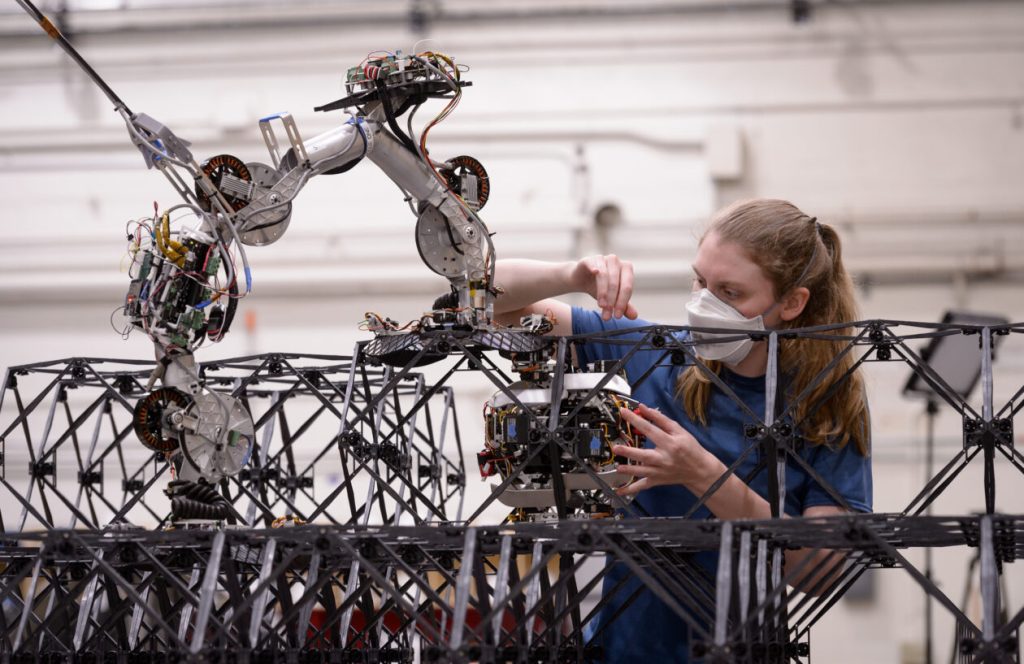The Mars Society is making progress on launching a startup incubator in the Seattle area with artificial intelligence and biotech as its first targets. Mars Society President Robert Zubrin says the goal is to support the development of technologies needed to sustain settlements on Mars. The idea is that a successful Mars colony will need to be highly innovative and the inventions developed there could be licensable on Earth, serving as a main economic support for the Mars city-state. The Mars Technology Institute will be modeled after the tech industry’s Y Combinator, providing seed money and guidance for promising ventures in exchange for equity.
The Mars Society is moving forward with initiatives in AI, biotech for food production, and robotics. James Burk, the Mars Society’s Seattle-based executive director, is in talks with government officials and representatives from organizations in the Seattle area to set up the institute’s headquarters. The institute aims to get involved in advanced nuclear fission and fusion technologies in the future. The first startup venture, code-named Athena, aims to create an AI-powered expert system for space engineering projects. Athena is being built on Microsoft’s Azure AI cloud platform and combines search-engine tools with curated expertise in space engineering.
The Mars Society also plans to offer a biotech prize for methods that use microbes to convert simple chemicals into food. This method could be 100 to 1,000 times more efficient than conventional agriculture and could be particularly valuable on Mars where sunlight and nutrients are limited. The prize will reward teams that come up with ways to improve the efficiency of the process or the tastiness and nutritional value of the resulting product. The society has previously conducted prizes on a smaller scale, including a Mars City State Design Competition that awarded $10,000 to the top contestant.
While the Mars Society has not identified a specific project in robotics yet, they have outlined potential applications of interest. These include robotic AI field assistants for real-time data processing, construction robots for infrastructure assembly on Mars, 3D printing technologies for rapid production and recycling of materials, debris removal robots, robotic life support systems, and swarm robotic systems for planetary exploration and resource extraction. These technologies could serve the needs of future communities on Earth or Mars.
The Mars Society’s Athena project aims to create an AI-powered “consultant” for space engineering projects. The system is being built on Microsoft’s Azure AI cloud platform and combines search-engine tools with curated expertise in space engineering. The system should be mature enough to show off to potential investors by the end of the year. The biotech prize offered by the Mars Society rewards teams that come up with ways to improve the efficiency of converting chemicals into food. This method could be 100 to 1,000 times more efficient than conventional agriculture and could be valuable on Mars where sunlight and nutrients are limited.
In addition to its work in AI and biotech, the Mars Society is exploring other initiatives such as robotics. While specific projects have not been identified, potential applications for robotics include robotic AI field assistants for real-time data processing, construction robots for infrastructure assembly on Mars, 3D printing technologies for rapid production and recycling of materials, and debris removal robots. These technologies could address the needs of future communities on Earth or Mars.











